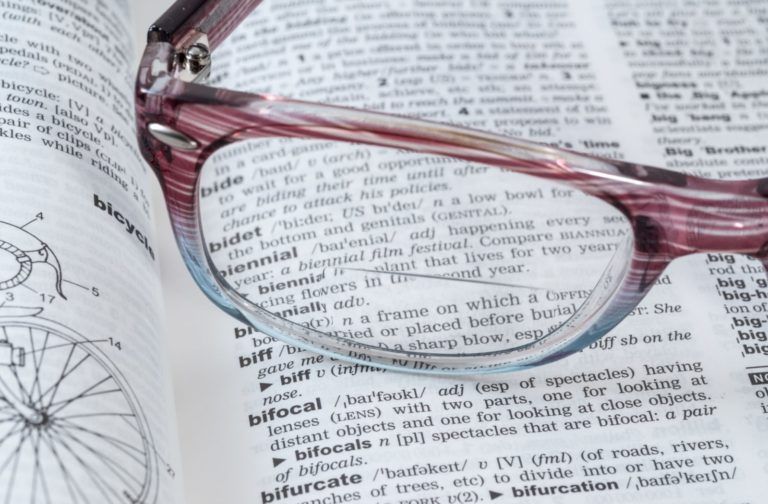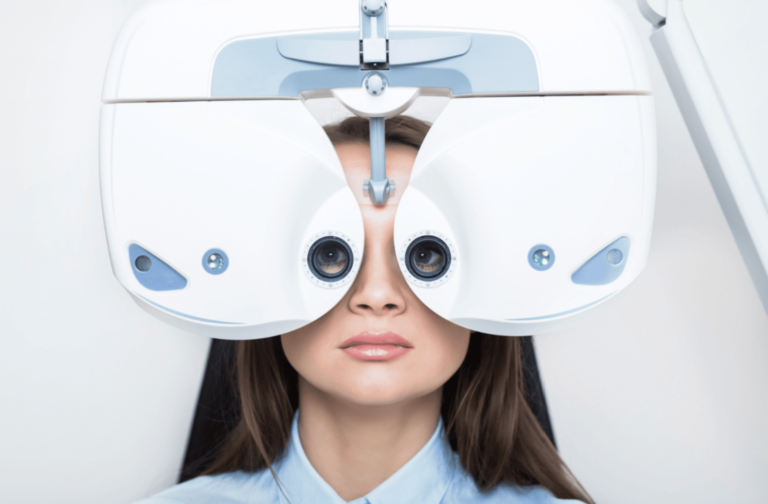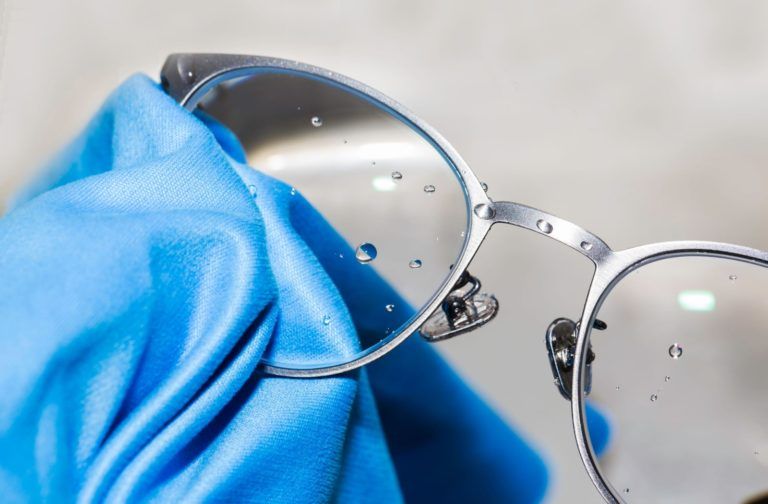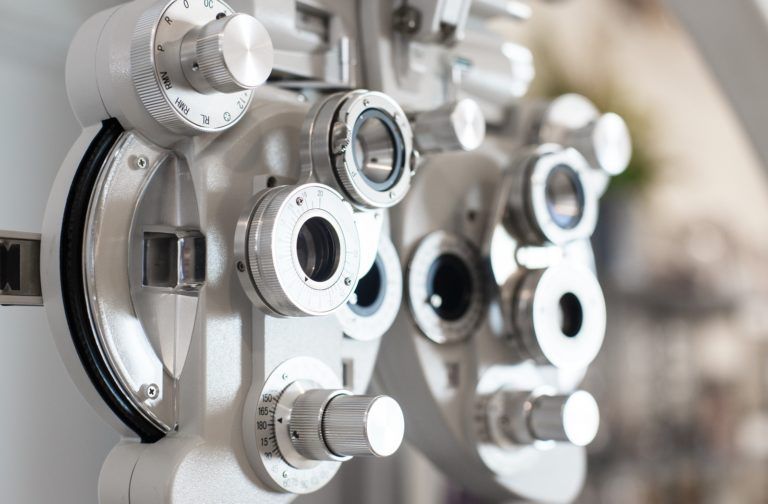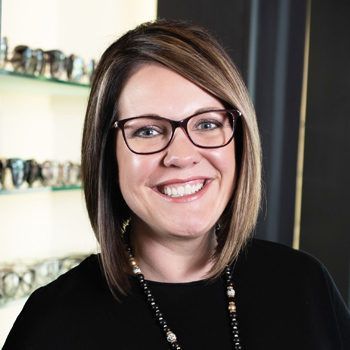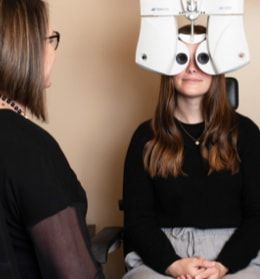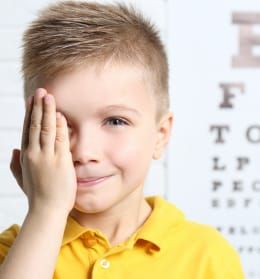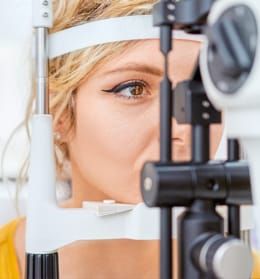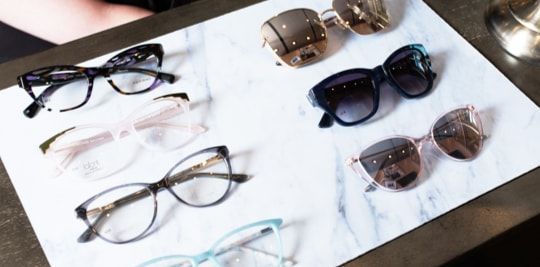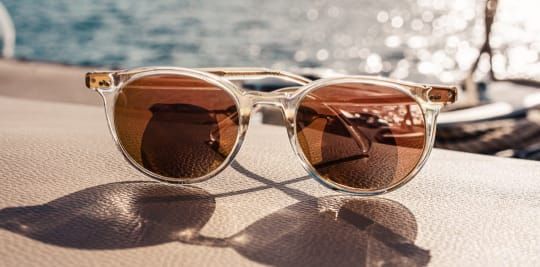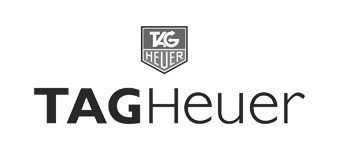As your child ages, it’s essential to understand how to take care of their vision. Learning how to care for your child’s eyes ensures their long-term ocular health and reduces their risk of developing more serious vision problems. One of the ways to prevent vision issues in the future is eyeglasses.
But when is it the right time to get glasses for your child? And how can you tell if your child really needs glasses? Beyond bringing your child in for regular eye exams, there are a few signs and symptoms to look out for when watching your child.
Importance of Children’s Vision
A child’s ability to see significantly impacts their quality of life. Children need to see clearly to learn and develop properly, whether it’s enjoying their time during school or excelling in sports.
80% of a child’s learning takes place visually. They take in an incredible amount of information through their eyes. If your child struggles with their vision, they could struggle with learning essential skills as they grow up, which could leave them playing catch up later on in life.
How to Tell if Your Child Needs Glasses
Children may have trouble communicating their vision problems verbally. It’s vital to understand the signs to look for as you observe your child in their daily life to tell if they need glasses.
Squinting
Squinting helps them focus on objects; however, it can cause painful headaches and eye strain. If you notice your child squinting to focus on things, they may be experiencing myopia or hyperopia. These refractive errors blur a child’s vision at certain distances and can cause problems understanding visual information.
Covering One Eye
Your child may cover one eye or tilt their head to make objects appear clearer, which may be a sign that one eye is stronger than the other. More specifically, your child’s brain may be using one eye more than the other. Using one eye more often is a common symptom of amblyopia, otherwise known as lazy eye.
Sitting Too Close to Objects
Sitting closer to objects like the TV or needing to sit closer to the front of the classroom are signs of myopia or nearsightedness. Being closer to a thing makes it appear clear, and your child may subconsciously adjust their surroundings to compensate for their nearsightedness.
Excessive Eye Rubbing
When children with vision problems spend so much time straining their eyes to focus, it can cause eye strain. A clear sign of eye strain is eye rubbing in an effort to relieve discomfort. A side effect of excessive eye rubbing is dry eye.
Difficulty Concentrating
Children are at risk of developing poor concentration skills without the visual stimulation they receive when they can see correctly. Poor concentration can mean difficulty learning and may lead to issues during school.

Children’s Eye Exam Experience
A children’s eye exam works a little differently from an adult one. Children’s eye exams are personalized to the unique vision needs of children, with more emphasis on detecting and correcting refractive errors.
Eye care professionals are also particularly interested in making the children’s eye exam experience as enjoyable as possible. By taking the time to teach children and explain what they’re doing, children are able to learn about their eyes and how to take care of them.
Opticians are also trained to fit pediatric eyewear specifically. This kind of eyewear takes children into account by being:
- Durable
- Scratch-resistant
- Colorful
- Rehabilitative
It is vital to understand the unique differences between children’s eyes and their distinct needs. Your eye doctor can help you and your child understand these needs and, through their eye exams, can ensure they get the vision correction they need.
Blue Light Glasses for Children
Children spend more and more time on electronic devices every day. Children may be in front of screens for 7 and a half hours a day, whether on television, an iPad, or another device. Protecting your child’s eyes with increased screen use is essential.
Specialized lenses that protect eyes from screen use can decrease your child’s risk of developing digital eye strain. In addition, they protect against symptoms of dry eye disease, which can be caused by reduced blinking when your child spends too much time on screens.
Taking Care of Your Child’s Eyes
Your child’s vision is precious. It is one of the main ways they learn about the world around them. Specially fit eyeglasses are one of the most effective ways to ensure they can learn and play the way they should. Get in touch with us to book your child’s next eye exam and learn if they really do need glasses.
Posted in Children's Eye Care, Eye Care, Eyewear
Recent Posts
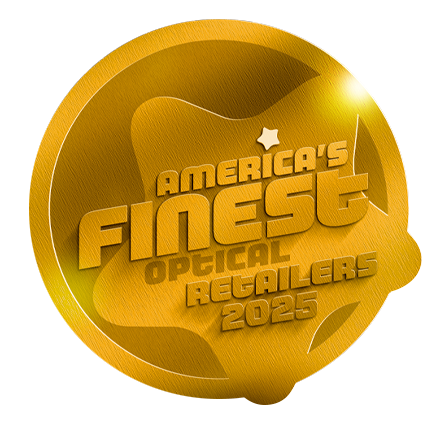
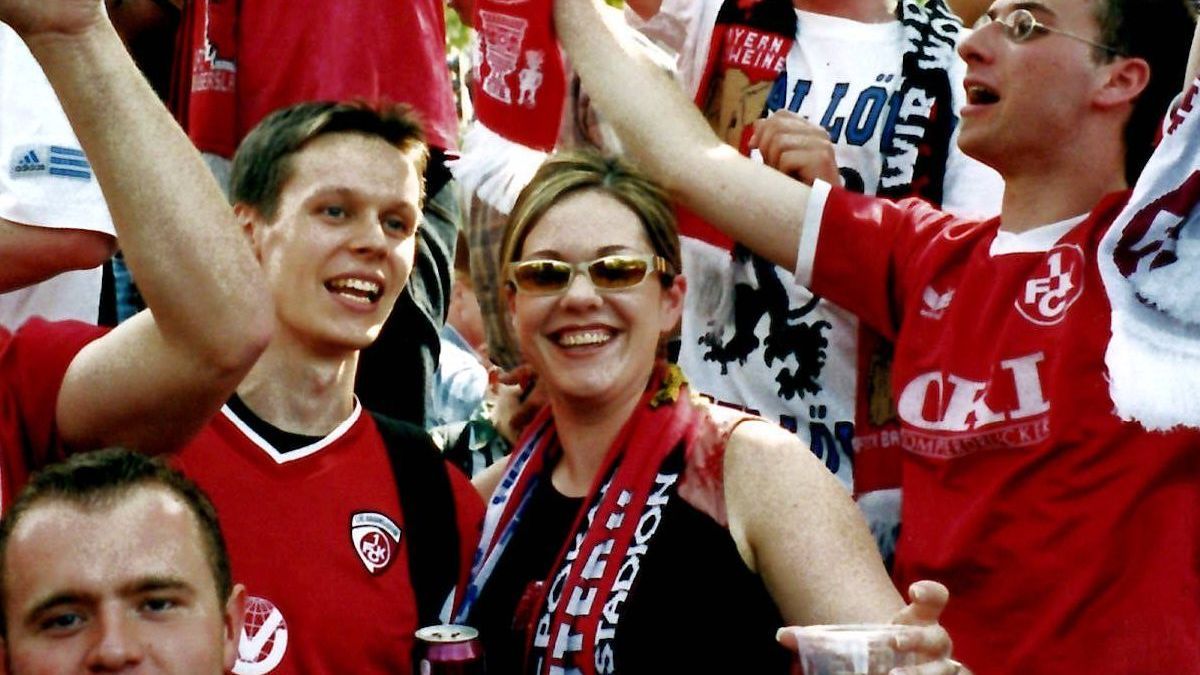

Categories
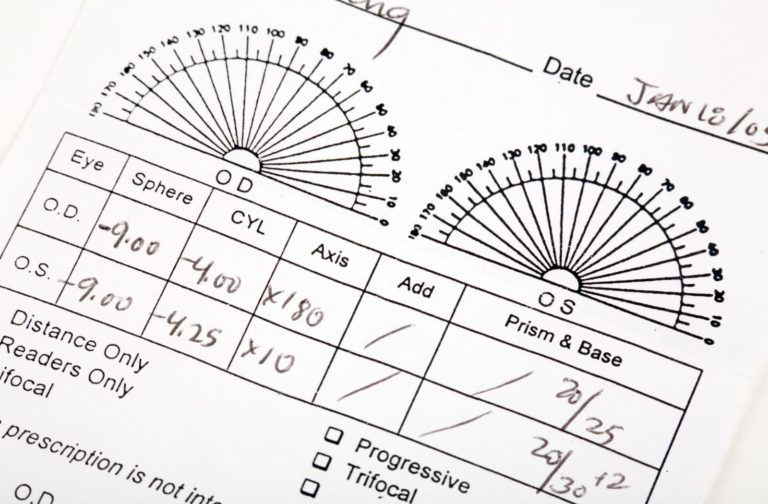
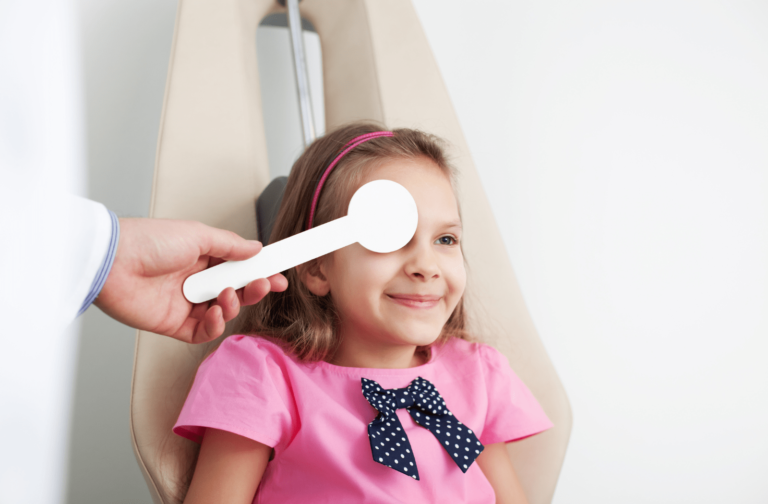
Written by Dr. Melissa McCulley
Dr. McCulley graduated with honor from Boston College in 1997 with a bachelor of science and a major in Spanish and pre-medical studies. She then went on to study optometry and graduated with honors from the Southern College of Optometry in 2001. She has past experience from the University of Minnesota Department of Ophthalmology fitting specialty contact lenses and working with low vision patients. Dr. McCulley is experienced in pediatrics and has a keen interest in treating dry eye.


